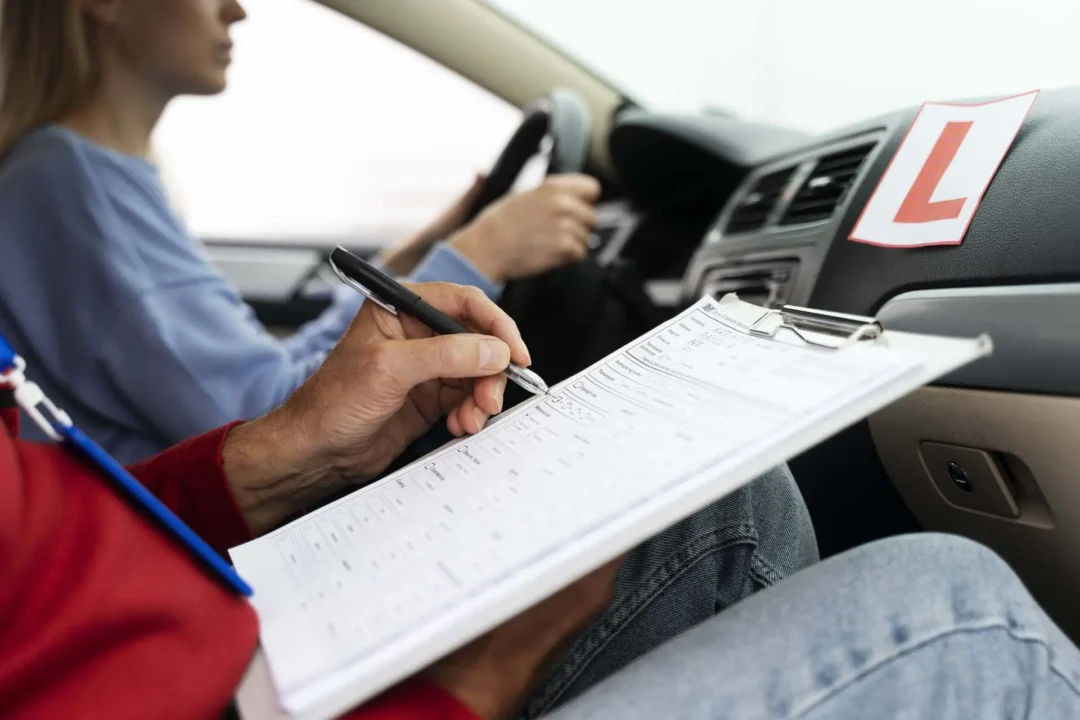If you’re considering importing a vehicle from Japan, whether it’s a personal car, a Japanese forklift, or heavy-duty Japanese construction machinery, you’re making a smart choice. Japanese vehicles and machinery are well-known for their reliability, efficiency, and longevity. Brands like Fareena Corporation Japan have built a reputation for providing high-quality vehicles and construction equipment that can stand the test of time. Importing a vehicle from Japan, however, involves a detailed process, from researching the right vehicle to ensuring you comply with your country’s import regulations. This checklist will walk you through the essential steps for a smooth and successful import experience.
1. Research the Vehicle You Need
The first step in the vehicle import process is determining what kind of vehicle you want to import. Japan is known for manufacturing a wide variety of high-quality vehicles and Japanese construction equipment, ranging from personal cars to heavy machinery like excavators and cranes.
If you’re in the market for Japan construction machinery or a Japanese forklift, make sure you know the specifications that suit your needs. For example, a Japanese forklift may come in various sizes and lifting capacities, so understanding the weight and height requirements for your business is crucial. Brands like Fareena Corporation Japan offer an impressive range of machinery and vehicles, including top-tier forklifts and construction machinery. By choosing a reputable company like Fareena Corporation Japan, you can be confident in the quality and performance of the equipment you’re importing.
2. Understand Your Country’s Import Regulations
Every country has different rules when it comes to importing vehicles. It’s vital to research and understand your country’s import laws before proceeding. Some countries have strict emissions standards, while others may require vehicles or machinery to meet safety regulations.
For example, if you’re importing Japanese construction equipment like bulldozers, cranes, or backhoes, check if your country requires special permits, certifications, or modifications. Similarly, if you’re importing a Japanese forklift, there may be regulations regarding its size, load capacity, and even safety features for workplace use. In addition to vehicle-specific rules, check whether there are any tariffs or taxes associated with vehicle imports. Understanding all potential costs beforehand will help you avoid any surprises.
3. Find a Reputable Importer or Dealer
Once you’ve decided on the vehicle or machinery you want, the next step is finding a reliable exporter. Many buyers choose to work with established importers or dealers, especially when dealing with specialized equipment like Japanese construction machinery or Japanese forklifts. These professionals can help guide you through the process and handle the logistics of the transaction.
Fareena Corporation Japan is a well-known brand in the industry, offering expert services in the import and export of construction machinery and other heavy equipment. By purchasing through a reputable company like Fareena Corporation Japan, you gain peace of mind knowing that the vehicle or machinery will be thoroughly inspected and meet the necessary standards for international shipping. If you’re purchasing through an auction, be sure to work with a reputable auction house that deals in international sales. You can also find trustworthy exporters that specialize in specific vehicle types, such as forklifts or construction equipment.
4. Inspect the Vehicle and Verify Its Condition
Whether you’re importing a car, a Japanese forklift, or Japanese construction machinery, always inspect the vehicle or equipment’s condition before making a purchase. When working with companies like Fareena Corporation Japan, they often provide detailed reports, including photographs and descriptions of the vehicle’s current state.
For Japanese construction equipment, ask about the equipment’s maintenance history and any repairs or upgrades it may have undergone. Machinery like cranes, excavators, and bulldozers should be inspected to ensure they are in good working condition, and that no vital components need replacement. For forklifts, check the operational health of the engine, hydraulics, and lifting mechanism. You may want to hire a third-party mechanic or inspector to give the vehicle a thorough examination, especially for used or older models.
5. Understand the Shipping Process
Shipping a vehicle from Japan involves some complex logistics, especially if you’re dealing with heavy-duty machinery like Japanese construction machinery or a Japanese forklift. You’ll need to choose a shipping method that suits the size and type of vehicle you’re importing.
The two most common shipping methods are:
- Container Shipping: This is the safest option for shipping all types of vehicles, including larger equipment. It protects the vehicle from harsh environmental conditions during transit.
- Roll-on/Roll-off (RoRo) Shipping: This method is ideal for smaller vehicles, as the vehicle is driven onto the ship and driven off at the destination port. It’s a faster and often cheaper method but may not be suitable for bulky construction machinery.
Shipping costs depend on the size and weight of the vehicle or machinery, as well as the destination port. Be sure to ask for a detailed breakdown of the shipping costs to avoid any hidden charges. For heavy machinery, like Japanese construction equipment, container shipping is typically the preferred method.
6. Handle Customs and Import Duties
Once the vehicle arrives in your country, it will be subject to customs inspection and clearance. Depending on your country’s regulations, you may have to pay import duties, taxes, and fees before the vehicle can be delivered to you.
Make sure all the necessary paperwork, such as the Bill of Lading, proof of purchase, and import permit (if applicable), is in order. For Japanese construction machinery, additional documentation related to compliance with local regulations may be required. It’s advisable to work with a customs broker to help you navigate the process. A customs broker will ensure all paperwork is filed correctly and that you comply with local import laws.
7. Register and Insure Your Vehicle
After clearing customs, the next step is to register your vehicle or machinery with the appropriate authorities in your country. This may require a vehicle inspection to verify that it meets safety and emissions standards.
For Japanese construction equipment, you may need additional documentation, such as proof of operator certification, before the equipment can be registered for use. Similarly, when importing a Japanese forklift, ensure that the equipment complies with workplace safety standards and is ready for operational use. Don’t forget to arrange for insurance coverage. Insurance is essential to protect your investment, especially for heavy machinery that may be used in demanding environments.
8. Ongoing Maintenance and Support
Once you’ve successfully imported your Japanese forklift or Japanese construction machinery, ongoing maintenance is key to ensuring the equipment stays in good working order. Routine servicing and inspections are crucial for extending the lifespan of the equipment. Brands like Fareena Corporation Japan often provide after-sales services, including technical support and parts replacement. It’s essential to have a reliable source for replacement parts, especially for specialized machinery.
Final Thoughts
Importing vehicles from Japan, whether it’s a car, forklift, or Japanese construction machinery, can be an excellent investment, given the quality and durability of Japanese-made products. By following this import checklist, you’ll ensure a smooth process and avoid unnecessary delays. Whether you’re dealing with a Japanese forklift for your warehouse or larger Japanese construction equipment for a major project, working with reputable dealers like Fareena Corporation Japan ensures you receive top-notch vehicles and machinery. By doing your research, understanding the import process, and ensuring proper documentation and registration, you’ll be ready to make the most of your new vehicle or equipment.
With careful planning and the right support, your vehicle import from Japan will be a success!

